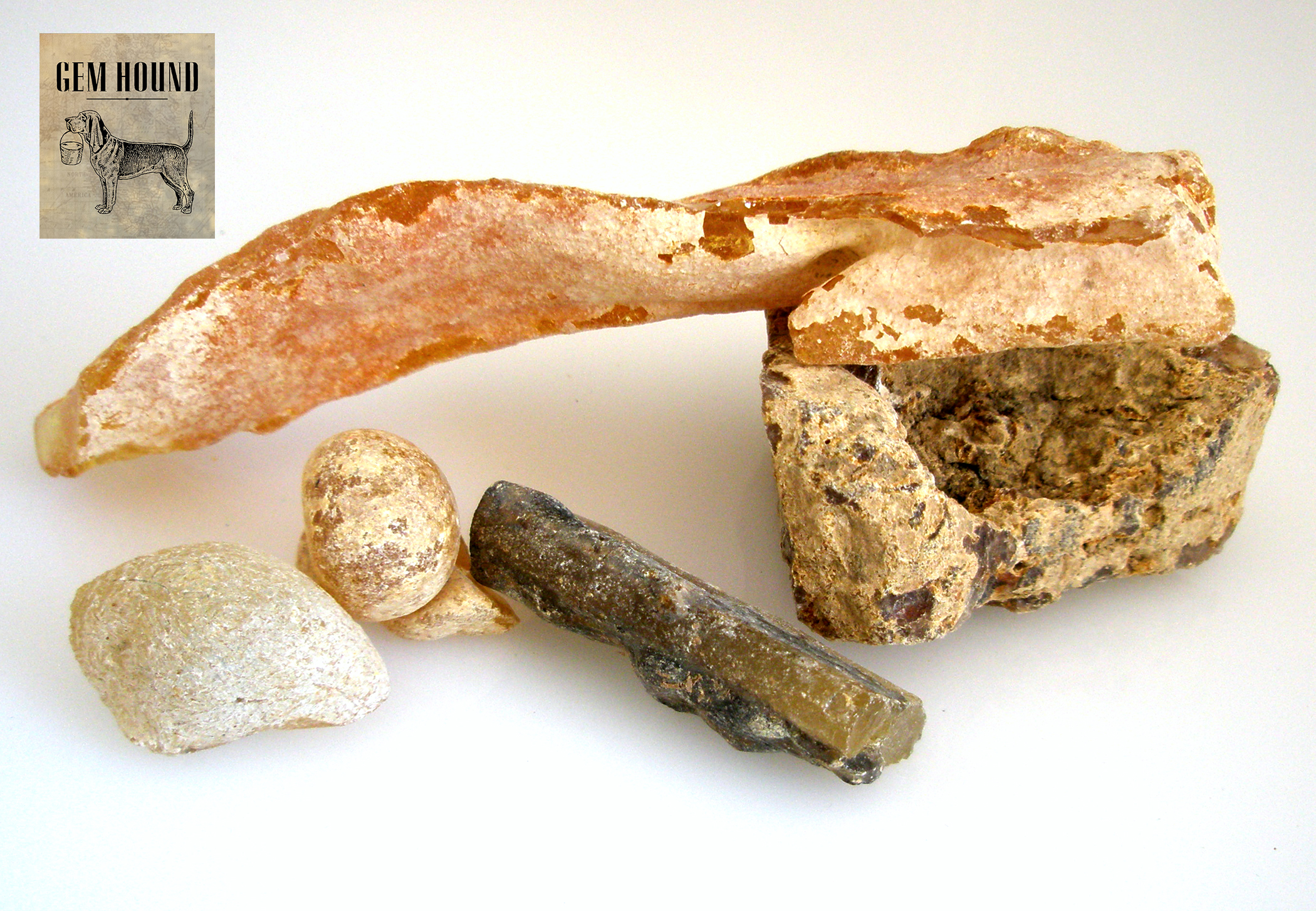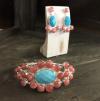What could be more exciting than finding an insect from the past in your Amber? I remember as a child looking for insects in amber and when I finally found one it was like looking into a time capsule. I’d imagine all the things that had to happen for me to be looking at this today.
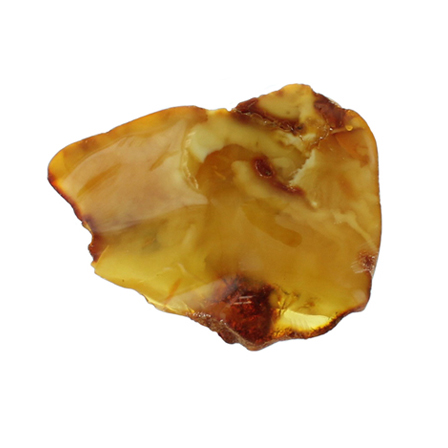 | 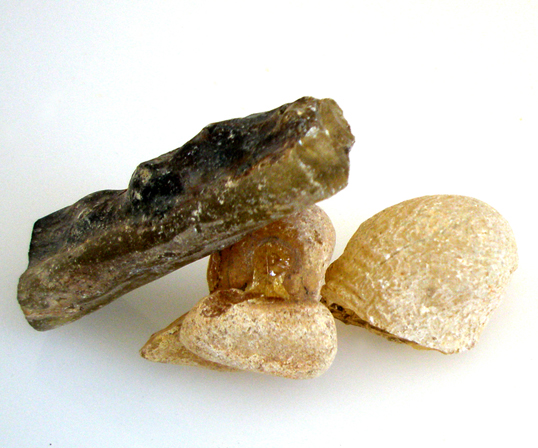 | 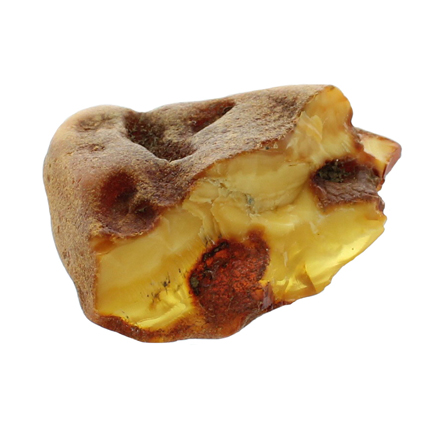 |
When you see a natural piece of amber is it usually in drop shape and has an opaque crust like the specimens above. Once polished it will have a resinous luster. Because it was once a soft and sticky tree resin, amber can sometimes have inclusions of insects and even small vertebrates. It can range from a whitish to a pale lemon yellow, to brown and almost black color. Uncommon colors include red amber or "cherry amber", green amber, and even blue amber, which is rare and highly sought after.
Amber is found throughout the world, but the dominate sources for commercial use are found both in the Baltic and the Dominican Republic – both of which we’ve sourced from. About 90% of the world's extractable amber is located in the Kaliningrad Oblast of Russia on the Baltic Sea.
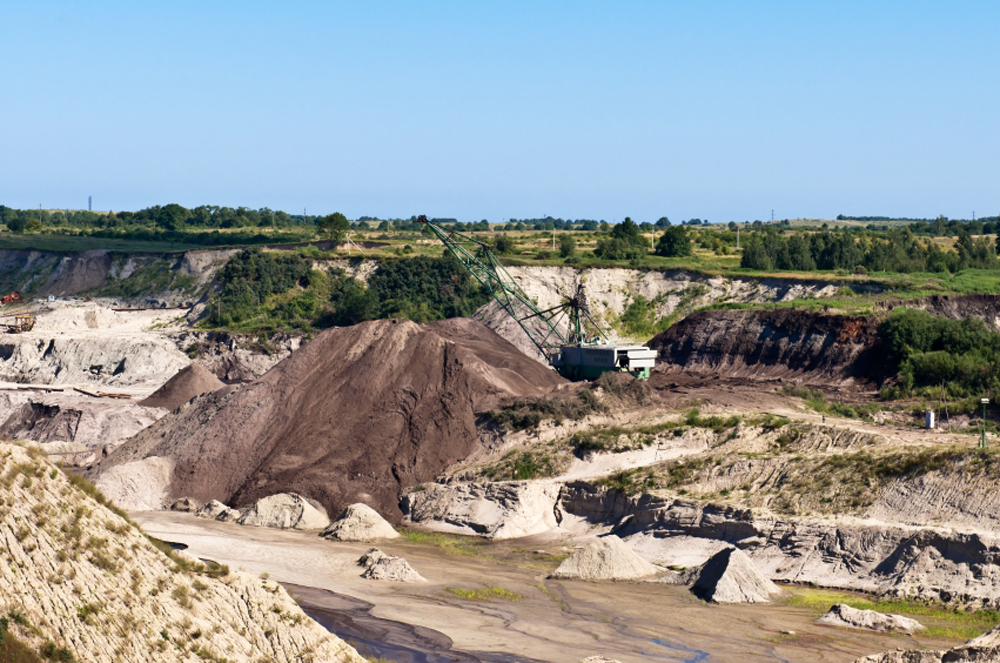
Since we’ve worked with Amber for many years we have found
that it is sensitive to acids and caustic solutions, as well as alcohol and
perfume. It can actually be dissolved by
any of these solutions so be mindful when wearing it and applying products
because they can affect this gemstone.
For more information regarding amber please visit the G.I.A. Amber page.


